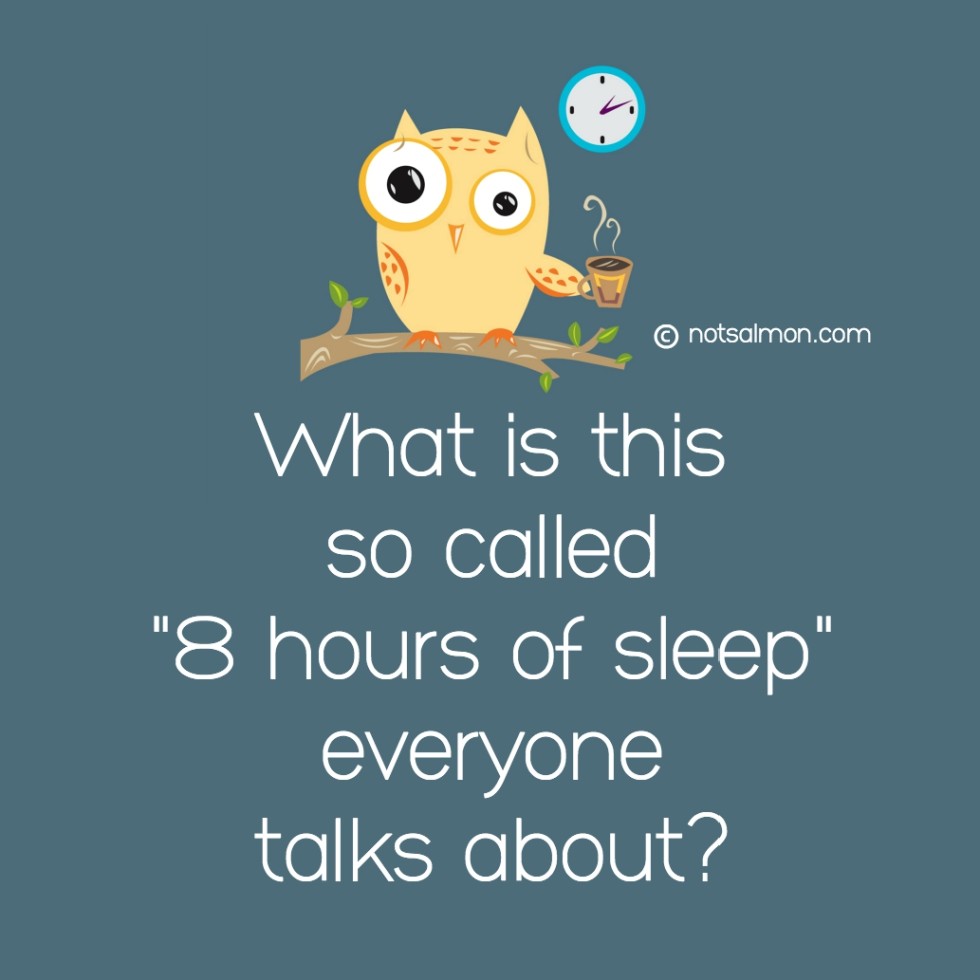
Get A Sneak Peek at my book “Your To-Die-For Life”!
Get a FREE sneak peek! Learn how to use Mortality Awareness as a wake up call to live more boldly.
 It’s time to pay attention to the important link between getting enough rest and enjoying good mental health at college.
It’s time to pay attention to the important link between getting enough rest and enjoying good mental health at college.
Rest doesn’t get as much attention as it should in the busy world of school, where students are always managing classes, homework, and social events.
New studies, on the other hand, have shown how important rest is for college students’ mental health.
It is important to understand the huge effect that getting enough rest can have on our mental health as we try to balance school and personal well-being.
I’m sharing this guide on ways to stop anxiety because I’m a bestselling author on anxiety – with about 2 million books sold globally
Plus I founded the bestselling self-paced online course called The Anxiety Cure.
I’m committed to helping people to manage their mood, mindset and overall mental health.
As the demands of college life intensify, finding moments of respite amid assignments becomes crucial for maintaining both productivity and mental well-being. Recognizing the need for efficient solutions, many students turn to Assignmentbro for online, quick work assistance. This platform provides instant assignment help by experts, offering a lifeline to those navigating tight deadlines and complex tasks.
Taking a rest while engaging with assignments is not a compromise but a strategic move to enhance overall efficiency. With help students can strike a balance between academic rigor and moments of rejuvenation, ensuring a holistic approach to their college journey.
People who go to college are used to studying late at night, pulling all-nighters while high on caffeine, and always feeling like they need to do their best. Many students have given up on one important thing because they think that how much time they spend learning directly affects how well they do in school. The constant demands of school can make it easy to forget how important it is to get a good night’s sleep. This can have a chain reaction of effects that affect not only mental health but also academic success.
You can’t say enough about how complex the link is between rest and brain performance. Sleep is not just a state of being physically still; it is a dynamic process that is very important for learning, remembering, and fixing problems. When we don’t get enough rest, we accidentally hurt these cognitive processes, which makes it harder to understand complicated ideas and do well in school.
Stress is a normal part of college life, and more and more students are having mental health problems like anxiety, sadness and binge eating. There is no doubt that not getting enough rest is linked to mental health problems. Lack of sleep has been linked to more worry, unstable emotions, and a worsened capacity to handle the challenges of college life.
Now that college students know how important rest is for mental health, they need to make changes to their lifestyles that will help them stay healthy.
Here are some useful tips to make sure that rest is an important part of your school life:
 Make getting enough sleep a must in your daily life. Every night, try to get at least 7-8 hours of sleep without coming awake. Setting a regular sleep routine supports your body’s natural circadian rhythm, which is good for your health in general.
Make getting enough sleep a must in your daily life. Every night, try to get at least 7-8 hours of sleep without coming awake. Setting a regular sleep routine supports your body’s natural circadian rhythm, which is good for your health in general.
Before going to bed, do things that help you relax. Your body will know it’s time to relax when you do something relaxing before bed, like reading a book, practicing mindfulness, or taking a warm bath.
Find good ways to deal with the stress of school. To do this, you might need to break up chores into manageable pieces, get help from friends or counselors, and set goals that are attainable. Taking care of your stress can help you sleep better at night.
If the stresses of college life get too much for you, you might want to try taking short power naps every day. A 20- to 30-minute nap can give you quick energy and improve your brain function without keeping you up at night.
Because college life is always changing, it’s important to understand how rest and mental health work together. As we aim for academic excellence, let us not forget that real success includes both doing well in school and being healthy in every way. Putting rest first is not a nice-to-have, it’s a must, and it’s one of the most important parts of having a healthy and happy college experience.
Explore my bestselling and therapist recommended audio and video course: The Anxiety Cure.
P.S. Before you zip off to your next Internet pit stop, check out these 2 game changers below - that could dramatically upscale your life.
1. Check Out My Book On Enjoying A Well-Lived Life: It’s called "Your To Die For Life: How to Maximize Joy and Minimize Regret Before Your Time Runs Out." Think of it as your life’s manual to cranking up the volume on joy, meaning, and connection. Learn more here.
2. Life Review Therapy - What if you could get a clear picture of where you are versus where you want to be, and find out exactly why you’re not there yet? That’s what Life Review Therapy is all about.. If you’re serious about transforming your life, let’s talk. Learn more HERE.
Think about subscribing for free weekly tools here.
No SPAM, ever! Read the Privacy Policy for more information.